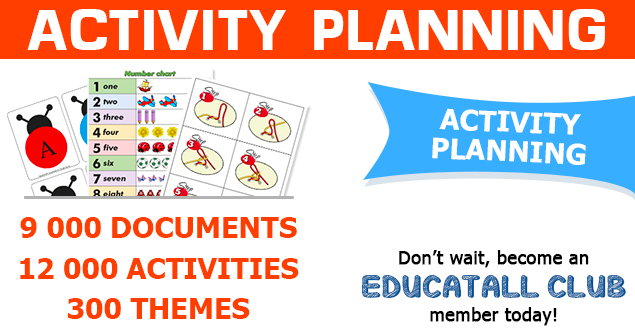
When families are transformed
Approximately 20 years ago, I probably would not have even dreamed of writing this article. At the time, most families were traditional nuclear families (father+mother+children). Since, although there still are many nuclear families, family structures have evolved. Now, many different models exist: single-parent families, blended families, homoparental families, etc.
Many children will experience a transformation within their own family. A divorce, a family recomposition, and custody changes are all possible. They represent situations that can have a great impact on children. Will these many different family structures have an impact on children's development? Studies have shown that different family structures do not affect children's development if parents continue to care for their child and fulfill his needs while providing plenty of love.
However, any transformation within a family can lead to an adjustment period. Whether a child faces a separation, a family recomposition, or a move, everyone involved will face many adjustments. Of course, all adjustment periods rhyme with stress. Children experience stress too. After a separation or transformation within their family structure, children can be anxious, demand extra attention, seem withdrawn, and have difficulty managing different emotions. As early childhood educators, you will be forced to intervene more frequently because of these reactions. How can you help children who are going through changes in their family structure?
Increase positive attention. Children will most likely seek your attention through different types of behavior. Be proactive and provide plenty of positive attention: compliments, congratulations, hugs, etc. If their need for attention is fulfilled, they will not be tempted to adopt negative behavior to attract it.
Be reassuring. Ask parents to share information about upcoming changes with you (a move, custody changes, new caretaker at home, etc.). Try to prepare children for changes and reassure them. A weekly calendar can represent a great tool that can be used to prepare children for changes.
Monitor children's needs closely. Children may or may not want to talk about the changes in their family structure. Respect their decision. Each child will react differently. Do not force children to talk about the changes they are facing, but make sure they know you are available if they wish to do so.
Collaborate with parents. Communicate with parents to ensure you are informed of any changes that may affect children. Their level of collaboration can vary depending on whether the changes are positive or negative. Help parents understand that you must be made aware of the big picture to adequately intervene. The more you work as a team, the better children will feel.
Plan short activities to explore different family structures with your group. There are many storybooks that explore different family models and their experiences. Try to find books that represent what children are experiencing and use them to spark discussions and encourage children to verbalize their feelings.
In conclusion, keep in mind that all adjustment periods are temporary and eventually, a certain sense of balance will be possible. In the meantime, try to be patient and empathetic in regards to what children may be going through.
Maude Dubé, Specialized educator

 Home
Home Theme activities
Theme activities
 Babies and toddlers
Babies and toddlers
 Arts and crafts
Arts and crafts
 Science
Science
 Creative recipes
Creative recipes
 Tips and tricks
Tips and tricks
 Special needs
Special needs
 Extra activities
Extra activities
 Educ-TV
Educ-TV
 Newsletter
Newsletter  Online store
Online store Educatall club
Educatall club


